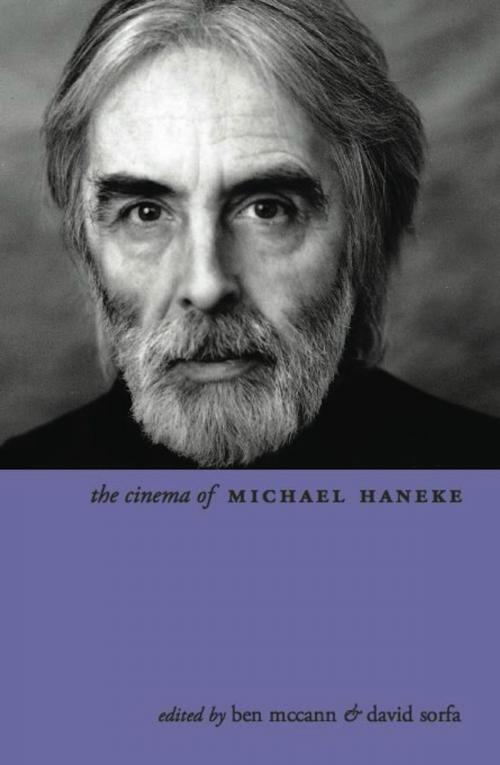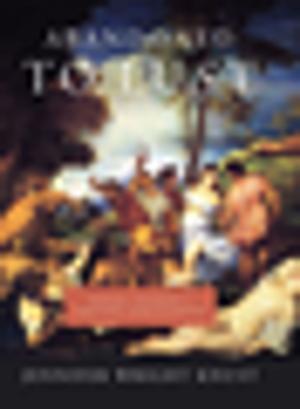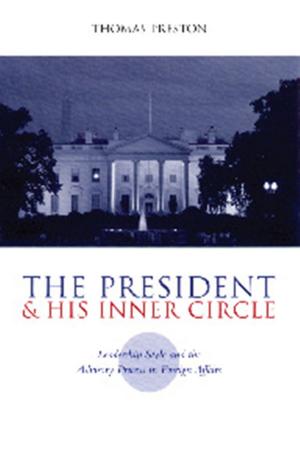| Author: | ISBN: | 9780231504652 | |
| Publisher: | Columbia University Press | Publication: | May 29, 2012 |
| Imprint: | WallFlower Press | Language: | English |
| Author: | |
| ISBN: | 9780231504652 |
| Publisher: | Columbia University Press |
| Publication: | May 29, 2012 |
| Imprint: | WallFlower Press |
| Language: | English |
Michael Haneke is one of the most important directors working in Europe today, with films such as Funny Games (1997), Code Unknown (2000), and Hidden (2005) interrogating modern ethical dilemmas with forensic clarity and merciless insight. Haneke's films frequently implicate both the protagonists and the audience in the making of their misfortunes, yet even in the barren nihilism of The Seventh Continent (1989) and Time of the Wolf (2003) a dark strain of optimism emerges, releasing each from its terrible and inescapable guilt. It is this contingent and unlikely possibility that we find in Haneke's cinema: a utopian Europe. This collection celebrates, explicates, and sometimes challenges the worldview of Haneke's films. It examines the director's central themes and preoccupations—bourgeois alienation, modes and critiques of spectatorship, the role of the media—and analyzes otherwise marginalized aspects of his work, such as the function of performance and stardom, early Austrian television productions, the romanticism of The Piano Teacher (2001), and the 2007 shot-for-shot remake of Funny Games.
Michael Haneke is one of the most important directors working in Europe today, with films such as Funny Games (1997), Code Unknown (2000), and Hidden (2005) interrogating modern ethical dilemmas with forensic clarity and merciless insight. Haneke's films frequently implicate both the protagonists and the audience in the making of their misfortunes, yet even in the barren nihilism of The Seventh Continent (1989) and Time of the Wolf (2003) a dark strain of optimism emerges, releasing each from its terrible and inescapable guilt. It is this contingent and unlikely possibility that we find in Haneke's cinema: a utopian Europe. This collection celebrates, explicates, and sometimes challenges the worldview of Haneke's films. It examines the director's central themes and preoccupations—bourgeois alienation, modes and critiques of spectatorship, the role of the media—and analyzes otherwise marginalized aspects of his work, such as the function of performance and stardom, early Austrian television productions, the romanticism of The Piano Teacher (2001), and the 2007 shot-for-shot remake of Funny Games.















